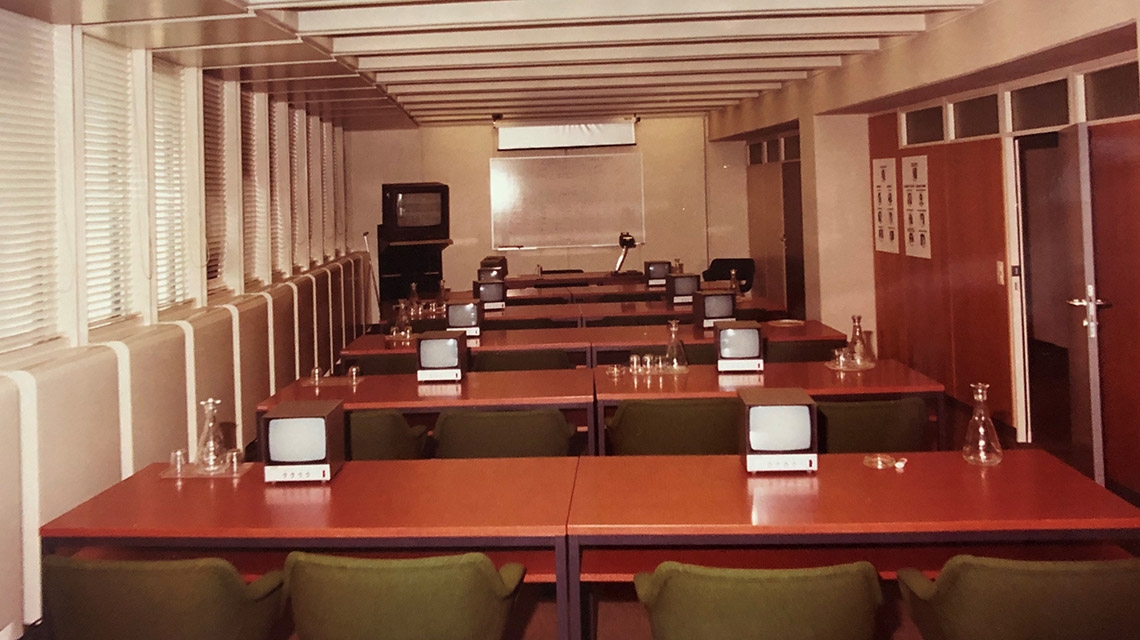From 9 - 20 November, the IAEA conducted its first online State System of Accounting for and Control of Nuclear Material (SSAC) training course. Sixteen experts from seven Asian countries joined interactive lessons covering the best practices in nuclear accounting and control systems for State and Regional Authorities (SRAs).
An SSAC is a set of arrangements to account for and control nuclear material in the State. The establishment and upkeep of SSACs, set up by SRAs, form the basis of a State’s reporting to the IAEA on its nuclear material. It can, for example, establish the measurement system for determining the quantities of nuclear material received, produced, shipped, lost or removed from an inventory. This, in turn, provides the basis for applying IAEA safeguards.
Co-organized with the Integrated Support Centre for Nuclear Nonproliferation and Nuclear Security (ISCN) at the Japan Atomic Energy Agency (JAEA), the November training course was adapted to the online medium.
“The training allows participants, both from the State and operators of nuclear facilities, to acquire the knowledge to establish and maintain their SSACs”, said Yoko Kawakubo, Chief at ISCN, and Japan’s point of contact for the regional SSAC training course. “Despite the pandemic, we were delighted to deliver the course with the same content, objectives, and outcomes in an online format. This allowed us to continue to reach out and support SSACs in the region."
As the world adapts to the challenges posed by the COVID-19 pandemic, this is just the latest IAEA training to move online. (Read this and this article for examples of other activities now online.)
“Fulfilment of safeguards obligations is an important part of nuclear non-proliferation, which cannot stop during a pandemic or other emergency,” said Susan Pickett, Head of the Safeguards Training Section at the IAEA. “We continue our activities to help countries perform this important activity.”
Nuclear safeguarding activities rely on State cooperation with the IAEA, especially through SSACs. To foster effectiveness and find greater efficiencies, both Member States and IAEA safeguards inspectors rely on safeguards training to stay informed on verification practices and requirements.




